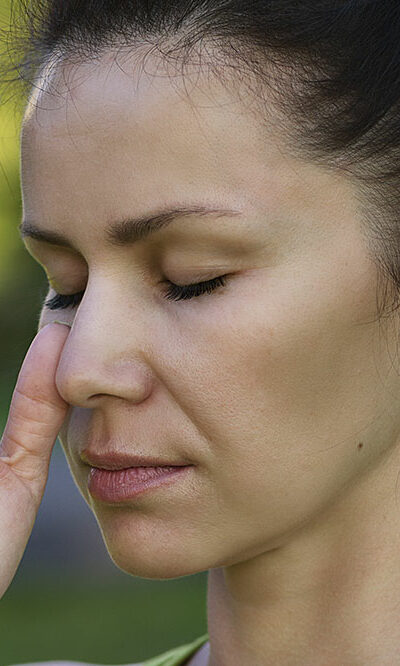5 things to avoid doing before bedtime for quality sleep

Sleep is crucial for good health. It refreshes the body and mind and provides energy to carry out daily tasks. But unfortunately, many people find it hard to get quality sleep, which affects their overall health. Several factors, such as ongoing treatment or underlying health conditions, can affect a person’s sleep. But for some people, an unhealthy pre-sleep routine is the cause. Here are five things to avoid doing before bedtime for sound sleep:
Staring at a screen
If you stare at your mobile, TV, or laptop screens before bedtime, you might struggle to sleep well. LED screens of digital devices emit blue and white light that lower a particular hormone released by the brain called melatonin. This hormone is required to feel drowsy and fall asleep. When the release of melatonin is reduced, sleep quality is hampered, and you cannot fall asleep quickly. Research says that exposure to any light before bedtime is unhealthy, but blue light has the most harmful effects on sleep. So, avoid it as much as possible before bedtime.
Exercising
Heavy exercises just before bedtime can harm your sleep quality. When our body prepares for bedtime, the temperature starts to fall, heart rate reduces, and the brain slows down. But exercising interferes with these biological processes. It causes the heartbeat to increase, body temperature to rise, and the brain to become active. These conditions are not conducive to sleeping. If you wish to exercise, do so at least three hours before bedtime.
A heavy meal
This is another big mistake to be avoided before going to sleep. While light meals and healthy snacks before bedtime is okay, a big meal is a strict no-no. The digestive process slows down once you go to bed. And if your belly is full, it can lead to indigestion, causing problems that could disrupt sleep. You can suffer from bloating and heartburn, especially if you have spicy food. If the food is fried, you may experience acidity and acid reflux. Health experts say individuals should have their last meal of the day at least four hours before sleep. This gives adequate time for the digestive system to finish the digestion process.
Drinking too much water
Drinking water and staying hydrated are necessary for several bodily processes, including digestion. But it is not recommended to drink a lot of water before bedtime. Drinking too much water before bed will not let you sleep peacefully through the night. You will need to wake up to head to the bathroom, on and off. The best thing to do is stay hydrated throughout the day and drink one glass of water before bed. This will provide a restful night’s sleep without any interruptions.
Caffeine
Chocolates, tea, coffee, and even cola have caffeine. Drinking or eating caffeine-laced products before sleep can be counterproductive as it increases energy levels. Not just that, caffeine blocks a vital chemical in the brain that stimulates sleep. As a result, you may stay awake for a long time and spend most of the night turning and tossing in bed. If you love caffeinated foods and beverages, have them at least four to six hours before bedtime.
Besides avoiding these five habits, you must follow other healthy practices for better sleep.
Experts suggest that people should sleep in a designated bedroom every night and not on a couch in the living room. However, the bedroom must be kept clean and settled. Unfortunately, the bedrooms in many homes are scattered with clothes and other items, which can affect sleep quality. Sometimes, the room is noisy and chaotic, and sleeping peacefully in such a place can be extremely difficult. In addition, if pillows and mattresses are not comfortable or cause pain and aches, sleep quality can get affected. Similarly, if the sheets and bedding items are soiled, the temperature is on the hotter side, or light infiltrates through the windows from outside, you may have a sleepless night. Hence, before bedtime, clean up the bedroom to stop disruptions to your sleep. Ensure the bedding is neat and clean, the mattress comfortable, the windows masked with heavy curtains, and noise kept outside the room.
Playing with your pet might make you happy during the day and help you destress. It can also boost immunity, improving overall health. But taking your pet to bed with you can disrupt sleep. It is not just their movement that can cause trouble. You could develop allergic reactions to pet hair and suffer from breathing issues, which can be hard to manage. Pets can also bring germs and viruses into the bedroom, increasing the risk of several health conditions. So, the best solution is to let pets sleep in a designated area of the home at night. Also, ensure they are washed regularly and kept clean.
A good night’s sleep is necessary to feel refreshed and energetic the next day. While most people focus on their morning routine, they forget to give their night routine as much importance. The body needs sufficient rest. By preparing for bedtime optimally and avoiding the things mentioned here, you can gift yourself a night of relaxed and calming sleep.







